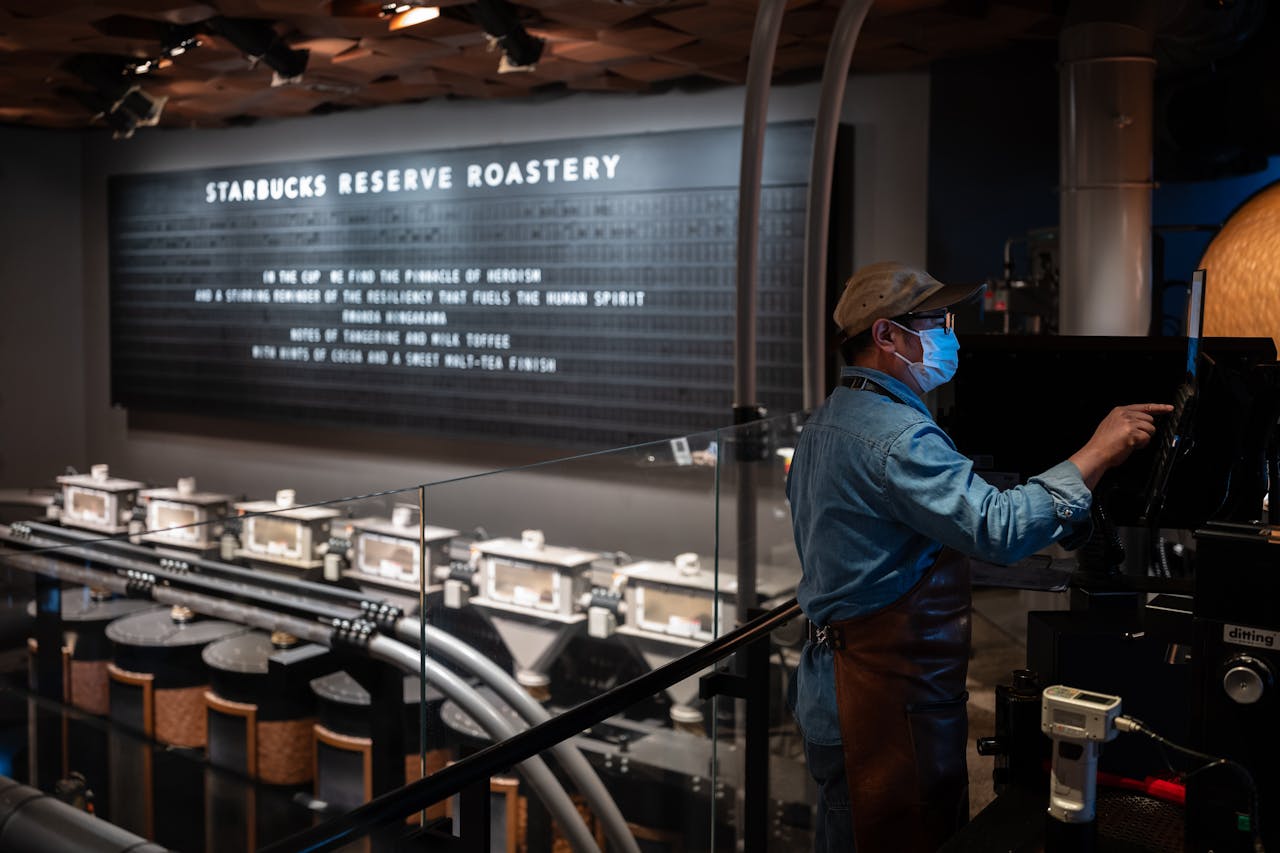10 Smart Things Every Boomer Can Sell to Boost Retirement Income

Retirement should feel like freedom, not like a never-ending financial juggling act. After decades of working hard, raising families, and building lives, many baby boomers discover they are sitting on more assets than they realize—sometimes hidden in garages, closets, storage units, or even parked in the driveway. The truth is, many of these things are collecting dust, draining money in upkeep, or simply taking up space.
Here is the good news: those items can be turned into real cash that helps fund travel dreams, hobbies, or simply gives you a stronger financial cushion. Downsizing or selling does not mean letting go of memories; it means creating room for new experiences. With that in mind, here are ten smart things every boomer should consider selling for extra cash in retirement.
1. The Extra Car You Barely Drive

Many boomers still have more than one vehicle, even if they no longer need it. Between insurance, registration fees, and maintenance, an extra car can quietly eat into your retirement budget. Selling that second car, truck, or even the RV that only leaves the driveway once a year can bring in thousands of dollars and save you ongoing expenses. Not only will you gain extra cash, but you will also enjoy the peace of mind that comes with having fewer things to worry about.
2. The Big House That No Longer Fits Your Needs

The family home is often full of memories, but it may no longer fit your lifestyle. Large houses come with high property taxes, rising utility bills, and maintenance costs that can feel overwhelming in retirement. Downsizing to a smaller home, condo, or retirement community can unlock a significant amount of home equity while also reducing monthly expenses. Plus, less space means less cleaning and upkeep, giving you more time and energy to spend on things you enjoy.
3. Furniture and Home Decor You Do Not Use

If your living room still has that massive formal dining set that has not hosted a holiday dinner in years, or if your attic is stacked with furniture that no longer fits your style, it may be time to sell. Quality furniture, vintage decor, or even lightly used items can do well on Facebook Marketplace, consignment shops, or local sales. By selling them, you clear out clutter, free up space, and pocket some money for things that actually make you happy.
4. Old Electronics and Gadgets

Technology changes fast, and many boomers have drawers or closets full of old devices. Think about that extra TV, unused desktop computer, or the pile of cell phones you upgraded from years ago. Even older gadgets can still hold value because collectors, refurbishers, or tech shops often want them for parts. Selling your old electronics not only puts cash in your wallet but also clears away cords and clutter that tend to pile up.
5. Jewelry, Watches, and Precious Metals

We all have those pieces of jewelry or old watches tucked away in a box that rarely see the light of day. Gold, silver, and gemstones can hold substantial value, and even costume jewelry can surprise you at resale shops. Getting your items appraised is a smart first step, and from there you can choose whether to sell to a jeweler, through an auction, or on a resale platform. Turning unused sparkle into cash does not diminish its sentimental value—it just lets you put that value to use in a new way.
6. Clothes and Accessories from Your Working Years

After retiring, many baby boomers find their closets full of professional clothes they no longer wear. Suits, blazers, ties, and high-end shoes can still be in great condition and attractive to buyers. Designer labels or gently used workwear often resell well online through platforms like eBay or Poshmark. Cleaning out your closet not only gives you space for the clothes you actually wear but also helps someone else enjoy quality pieces while you earn extra money.
7. Recreational Vehicles, Boats, and Vacation Gear

Boats, campers, and RVs were once the ticket to adventure, but if they now spend more time in storage than on the road or water, they may be costing you more than they are worth. Insurance, maintenance, and storage fees add up quickly, and selling them can provide a significant financial boost. If your travel style has shifted to something simpler, it might make sense to sell these big-ticket items and use the money for experiences that better fit your current lifestyle.
8. Collectibles, Memorabilia, and Vintage Items

Many boomers spent years collecting coins, stamps, baseball cards, comic books, or other memorabilia. While some of these collections are priceless to you, others may be better off in the hands of collectors who truly value them. Depending on demand, certain vintage items can fetch surprising prices. Researching online auctions or getting professional appraisals can help you decide what is worth selling. Not only will you free up space, but you will also turn hobbies of the past into cash for the future.
9. Storage Unit Treasures

If you are paying for a storage unit every month, ask yourself when you last visited it. Many retirees spend thousands over the years to store items they barely remember owning. Going through your storage unit can feel like a treasure hunt—you may rediscover valuable items you forgot about. Selling off what you do not need allows you to close the unit, save on monthly fees, and make a little money from things that were just sitting there.
10. Vacation Homes, Timeshares, or Extra Property

Owning a vacation home or timeshare may have been fun in your working years, but the costs do not disappear in retirement. Property taxes, upkeep, and utilities can quickly add stress instead of enjoyment. If you are no longer using it regularly, selling a secondary property can free up significant funds and eliminate ongoing headaches. Instead of worrying about an empty house, you can use the money to travel wherever you like without being tied to one location.
Final Thoughts

Retirement is not just about leaving work behind—it is about creating a lifestyle that feels fulfilling, secure, and enjoyable. For many boomers, that means letting go of things that no longer serve a purpose. Selling items you rarely use is not about parting with memories; it is about transforming them into opportunities.
Every dollar you earn from decluttering is money that can fund travel, cover medical costs, or simply pad your savings so you can sleep better at night. More importantly, letting go of unnecessary belongings creates more space—both in your home and in your life—for what really matters now.
Think of it this way: you spent decades building, collecting, and storing. Retirement is your time to simplify, cash in on your hard work, and enjoy the freedom you truly deserve.










































































































